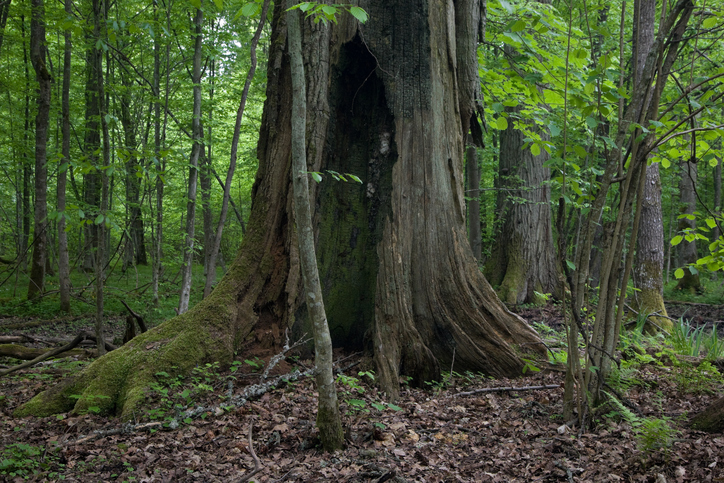crack
(verb, noun, adjective)
/kræk/
 LISTEN
LISTEN


A cracked cell phone screen
To crack means ‘to break without coming completely apart,’ with the break usually marked by a line, and also ‘to break open with a sharp sound.’ It also means ‘to make a sharp sound’ or, when talking about a voice, ‘to change suddenly.’ Crack also means ‘to solve a crime or puzzle.’ As a noun, a crack is a break, a sharp noise, or a break in the voice. Informally, a crack is a funny remark, or an attempt at something. As an adjective, crack means ‘skillful, expert,’ especially in the UK.
Example sentences
- I dropped my phone and the screen cracked.
- Emily bought shelled walnuts and had to crack them before eating them.
- Dave realized someone was behind him when he heard a twig crack.
- Maria's voice cracked with emotion.
- The detective has finally cracked the case.
- There was a long crack running down the wall.
- Peter wasn't sure if he could do the job, but he decided to take a crack at it.
- The marksman was a crack shot.
Words often used with crack
crack up: to burst into sudden laughter. Example: “We all cracked up at Erika’s joke.” It can also mean ‘to have a mental breakdown,’ though this isn’t a very polite way to say that. Example: “The stress of work got to be too much for Andrew and he cracked up.”
crack down: take severe measures. Example: “The police are cracking down on crime in the city.”
get cracking: get started on something. Example: “We’ve got a lot to do today, so let’s get cracking!”
crack a smile: to smile. Example: “Don’t look so miserable. Would it hurt you to crack a smile?”
crack of dawn: at first light or, figuratively, very, very early. Example: “I have loads of work to get through tomorrow, so I need to get up at the crack of dawn.”
In pop culture
Listen to the Beach Boys singing “Crack at Your Love” here:
Did you know?
Crack, or crack cocaine, is also a drug, specifically pellet-sized pieces of very powerful cocaine for smoking. It is very addictive and harmful to users’ health, but fortunately, its use has declined since the crack epidemic of the ’90s in the US. Crack users are known colloquially as crackheads.
Other forms
crackable (adjective), cracker (noun), cracking (adjective)
Origin
Crack dates back to before the year 1000, as the Old English verb cracian, meaning ‘to resound or make a sharp sound’ (Middle English crac(k)en). It can be traced back to the Proto-Germanic krakojan, but its origin before then is uncertain. Most linguists think that it rose from the imitation of the sound. Crack is related to the Middle Dutch craken, the Dutch kraken and the German krachen (all meaning ‘crack’). The sense expanded to include the action (instead of just the sound) around the year 1300, with the meanings ‘to burst or split open’ and ‘to cause to break into pieces,’ much later, in the late 18th century, it also added ‘to break or crush into small pieces.’ Crack has been used to mean ‘a sudden change in voice’ since around the year 1600. The sense ‘to utter, say or speak freely’ appeared in the early 14th century, and ‘to speak loudly or boastingly’ is from the late 14th century. These senses are now obsolete, but it is thought that the joke sense evolved from them in the early 18th century. The expression get cracking first appeared in the US in the 1930s. The noun, meaning ‘a splitting sound,’ ‘the sound of a trumpet’ and even ‘a fart’ dates back to the late 14th century, and comes from the verb. The meaning ‘a split, opening or fracture’ appeared in the early 15th century. The sense ‘a sharp, resounding blow’ was first used in the early 19th century, as was the colloquial sense ‘a try or attempt.’ The slang meaning for a type of cocaine was first used in the 1980s. Crack has been used as an adjective meaning ‘expert or top-notch’ since the late 18th century.
Word of the Day is released Monday through Friday.



